A fishing village of a thousand people has produced a top league champion; they are truly the "hope of the entire village."
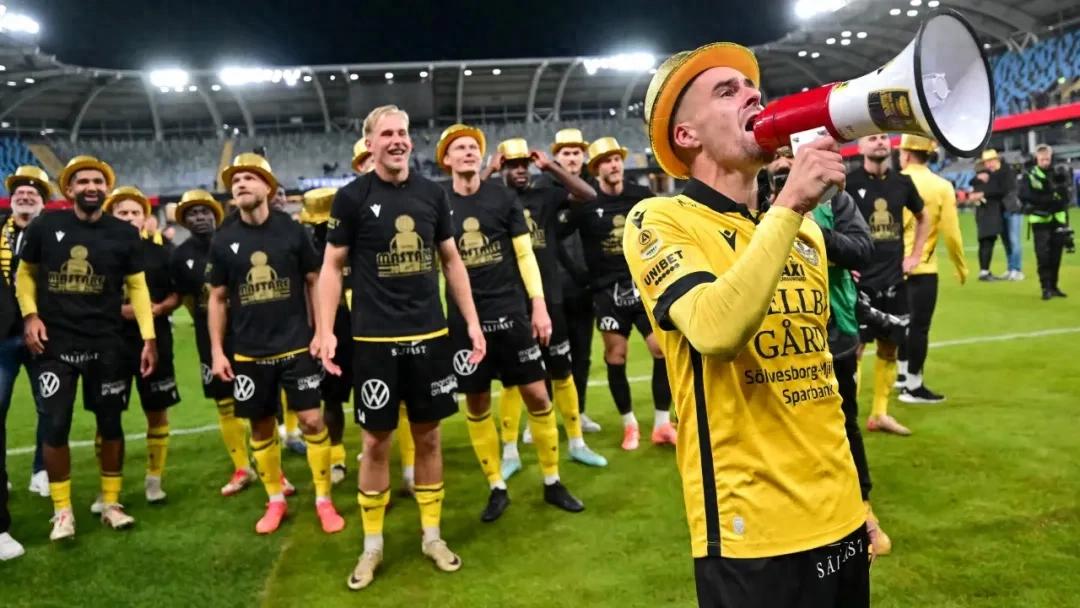
Written by Han Bing October 20 was a historic miracle for Swedish and European professional football alike. Mjällby secured a 2-0 away victory over the established stronghold Göteborg, winning their first Swedish league championship three rounds before the season’s end.
In the 101-year history of Sweden’s top league, the “smallest” champion was born because Mjällby is based in the Baltic coastal fishing village of Hällevik, which currently has a population of only 1,485 people (as of September 2025)! Previously, the Swedish top league club from the smallest town was Åtvidaberg, a mining town with about 11,000 residents when they won in 1973—nearly eight times Hällevik’s population!
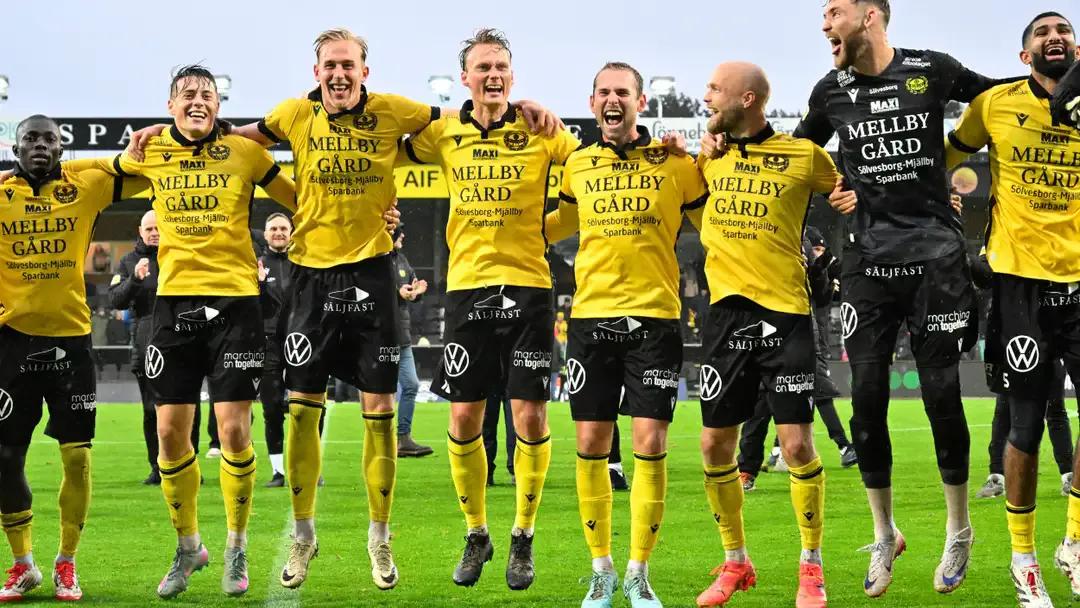
European media have compared Mjällby’s “miracle” to Leicester City’s shocking 2015/16 Premier League title, but Leicester’s city has 400,000 people—300 times larger than Hällevik village! Unlike tiny leagues in places like Andorra, San Marino, Faroe Islands, or Gibraltar, Mjällby won the title in Sweden, Northern Europe’s most populous country with 10.6 million people, surpassing four traditional giants: Malmö, Hammarby, Djurgården, and AIK Solna. The defending champions Malmö’s city has over 340,000 residents, while the other three contenders are based in Stockholm, a capital exceeding one million inhabitants!
Even more astonishing, Hällevik’s home stadium holds 6,500 seats—more than four times the village’s population. The team includes several foreign players and top Swedish talents, but some, like midfielders Pettersson and Tidstrand and center-back Norén, grew up locally, with a few even sharing the same apartment. This is why Mjällby is still considered the “hope of the whole village.” However, club owner Emes has bigger ambitions, believing Mjällby is the only professional club in Blekinge County, which is Sweden’s smallest county with just 150,000 residents, and it should represent the region.
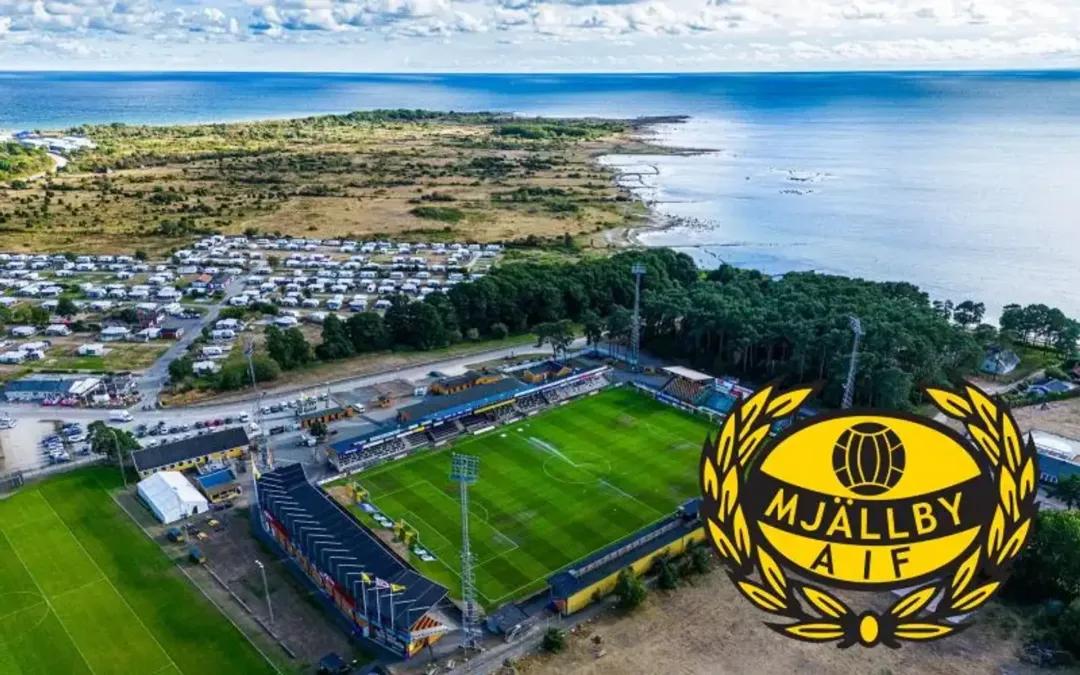
Back in 2016, when Leicester’s miracle happened in the Premier League, Mjällby was just one step away from dropping to Sweden’s fourth division. They barely stayed in the third tier by winning their final match. Even after climbing two levels and entering the top Swedish league in 2020, they attracted little attention before this season. With their championship win, both this small village team and the fishing village itself became famous overnight.
Previously, the most famous “small” champion in Europe was Ligue 1 powerhouse Monaco, located in the Fontvieille district of Monaco with only 4,000 residents. However, Monaco historically benefited from royal backing and later Russian billionaire ownership, giving them significant financial power. After local businessman Emes acquired Mjällby in 2015, the club was reborn, but last year’s revenue was only about $9 million—just one-eighth of defending champions Malmö. Since their promotion in 2020, the club has invested a total of €2.15 million in six years while generating €7.85 million from player sales, operating fully self-sufficiently. Even this level of investment is modest by Swedish standards.
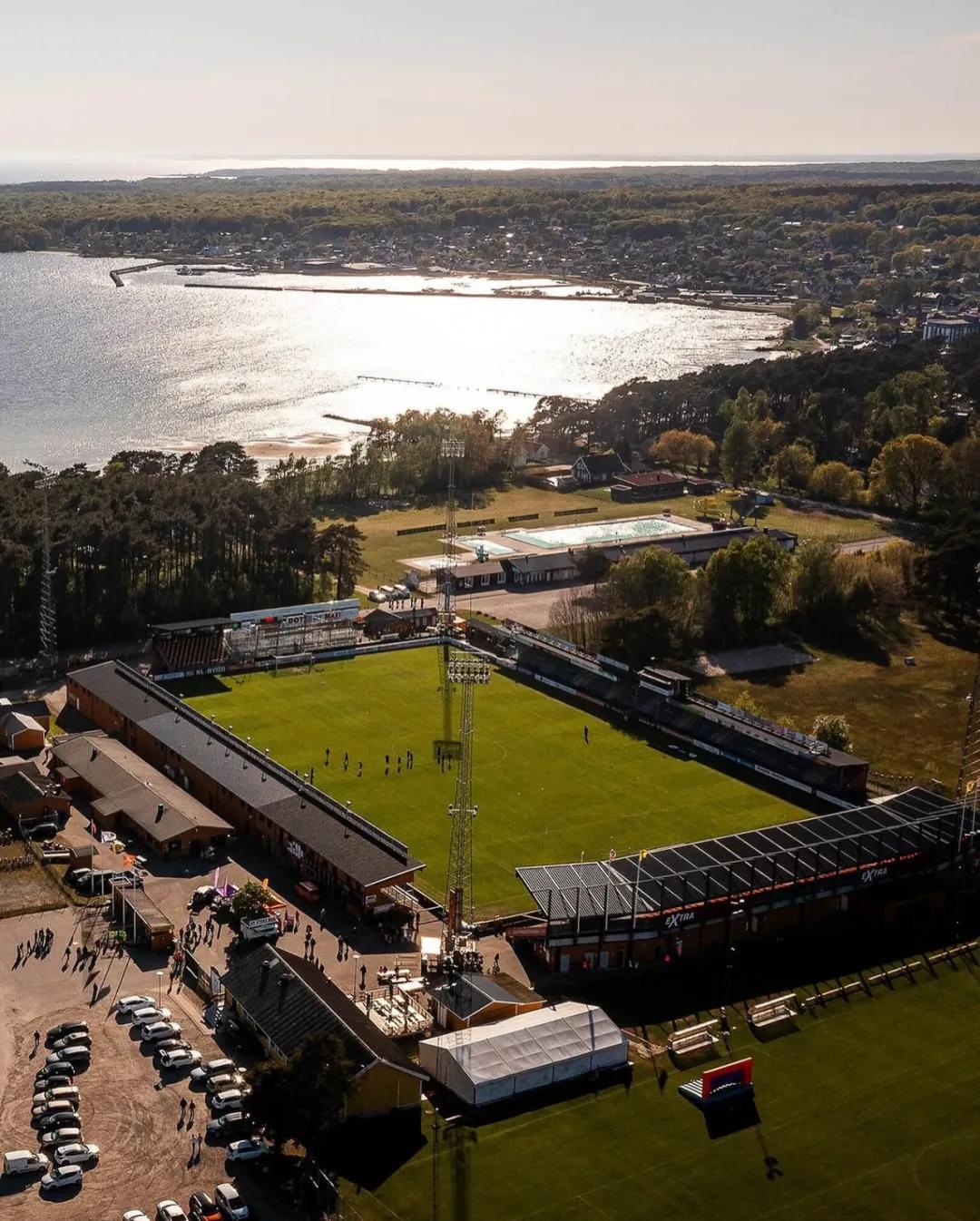
Mjällby’s “smallness” is evident everywhere: their home ground is near the sea, and players could literally kick the ball into the ocean if they wished. Coach Torstensson, who led them to the title, was once a local high school teacher. His coaching career began as Mjällby’s assistant, and he took over as interim head coach in summer 2021, marking his first time managing a top-tier team. Diagnosed with chronic lymphocytic leukemia at the end of last year, he continued coaching and ultimately triumphed in battles against both cancer and the top league.
Mjällby’s transformation began in 2023 when Torstensson officially became head coach. Alongside assistant coach Aksum, they profoundly changed the team. Aksum holds a PhD in “Elite Football Visual Perception” and master’s degrees in coaching and psychology. His thesis studied Ajax players aged 14 to 20 and their visual perception in matches, earning high praise. Aksum often shares tactical insights on social media and is known as an academic “influencer” coach. His arrival completed Mjällby’s modernization in tactics and recruitment.
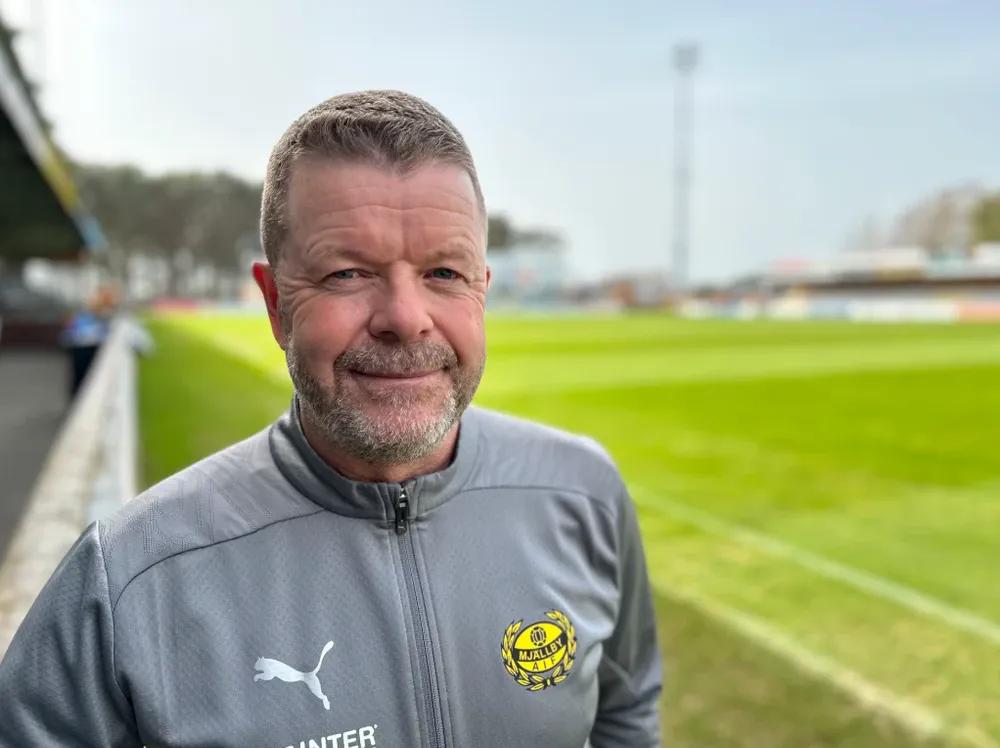
At the end of 2023, Mjällby reached the Swedish Cup final for the first time but suffered a heavy 1-4 defeat to Häcken. However, narrowly missing the trophy sparked ambitious plans for championship contention. Though the club’s scouts also work as postal carriers, from that point on Mjällby committed to an attacking, possession-based style and leveraged big data to select free agents to strengthen the squad. In the title-winning season, 14 of the 15 main squad players were signed on free transfers. Among them, Gambian international winger Mane and four domestic players combined for 37 goals—75% of the team’s total. The defense, led by Pakistani national team center-back Iqbal, conceded just 17 goals—the fewest in the league—and he was the only player for whom Mjällby spent around €200,000.
Mjällby’s miracle is just the beginning. In the final three rounds, they need only one win to surpass Malmö’s 67-point record set in 2010, breaking the highest points record in Sweden’s top league. Tickets for the team’s home matches are sold out every game, and even training sessions now attract hundreds of fans. Every morning, villagers can be seen running on roads, already hoping that by this time next year, stars from Real Madrid or Manchester City might be seen walking their streets...
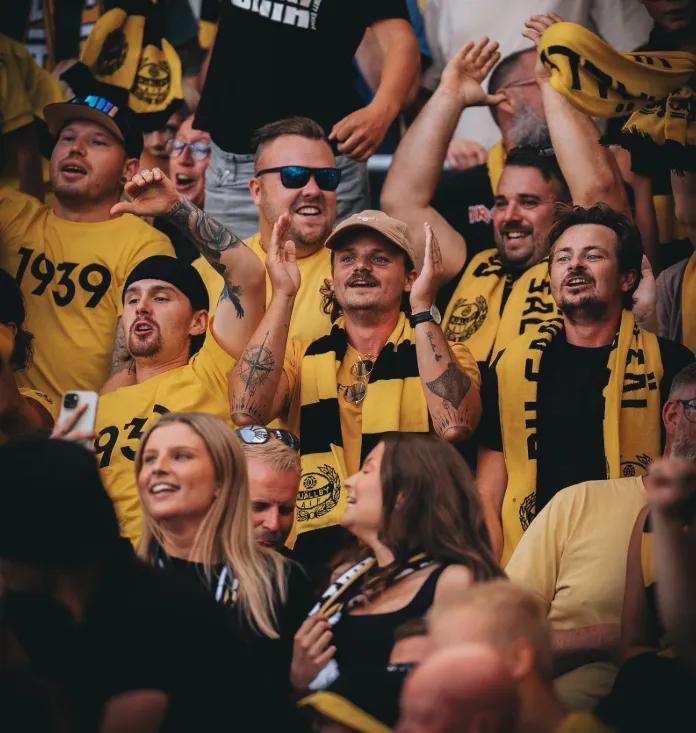










 Links
Links
 Contact
Contact
 App
App


